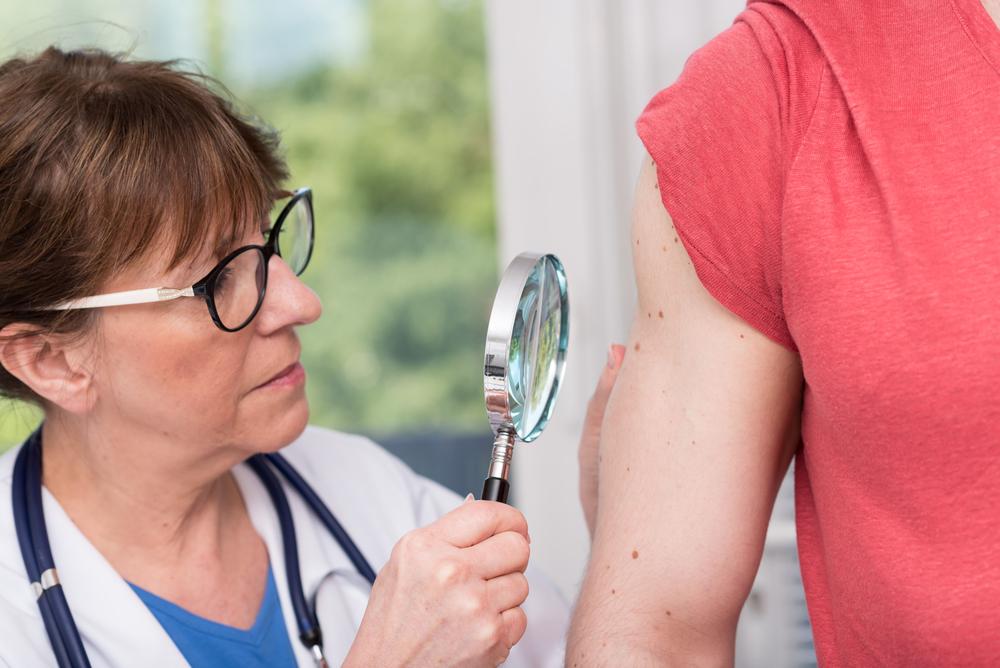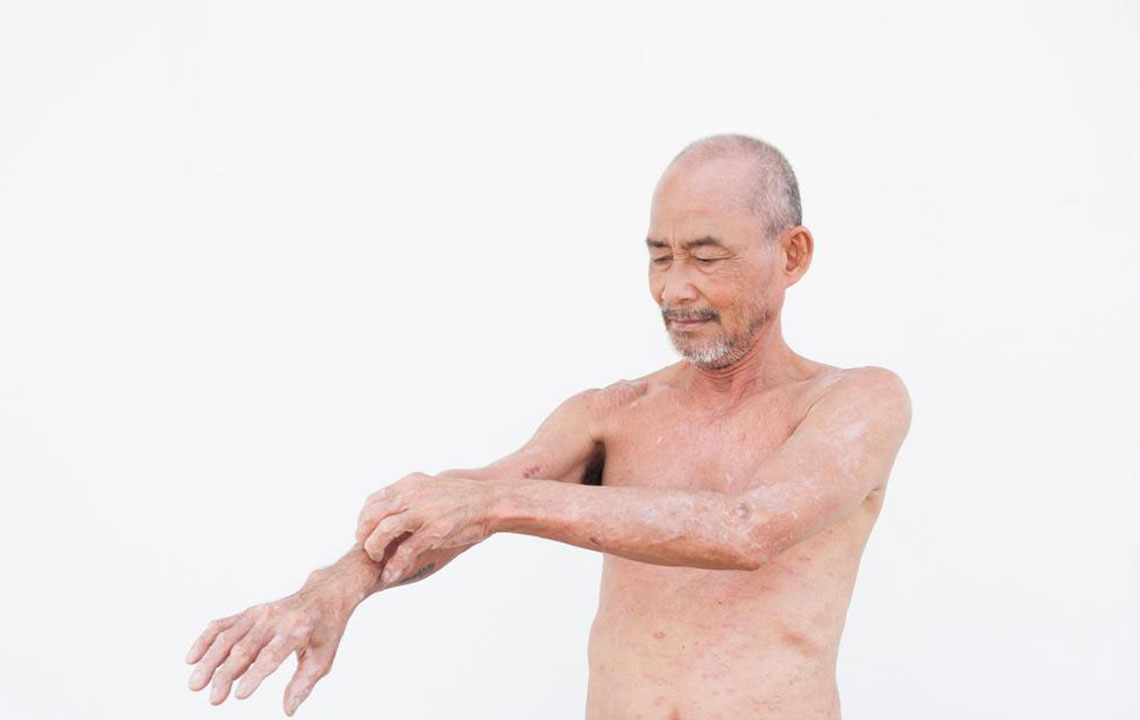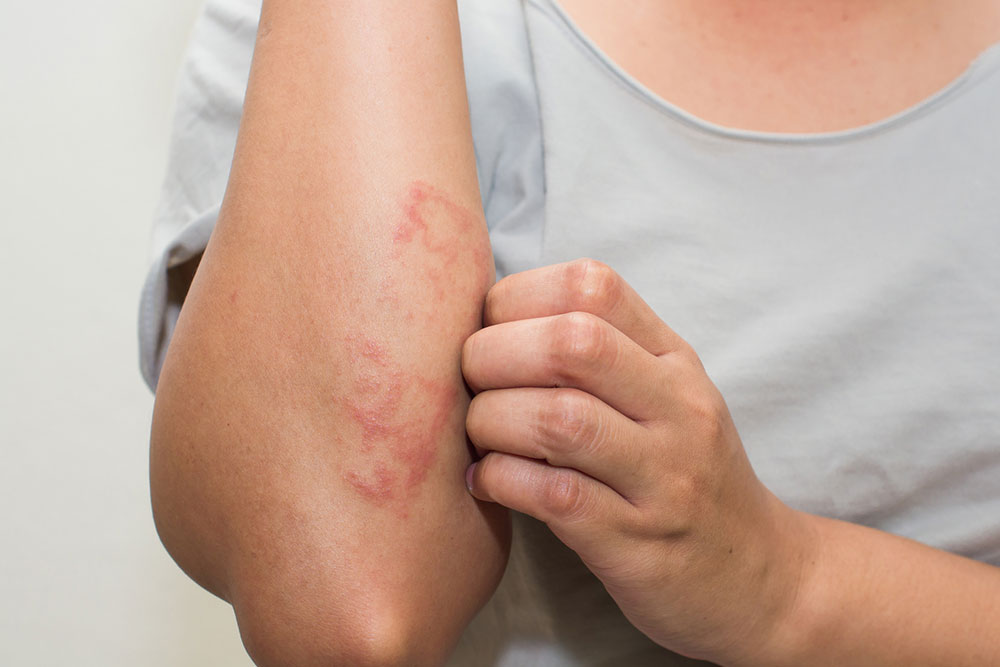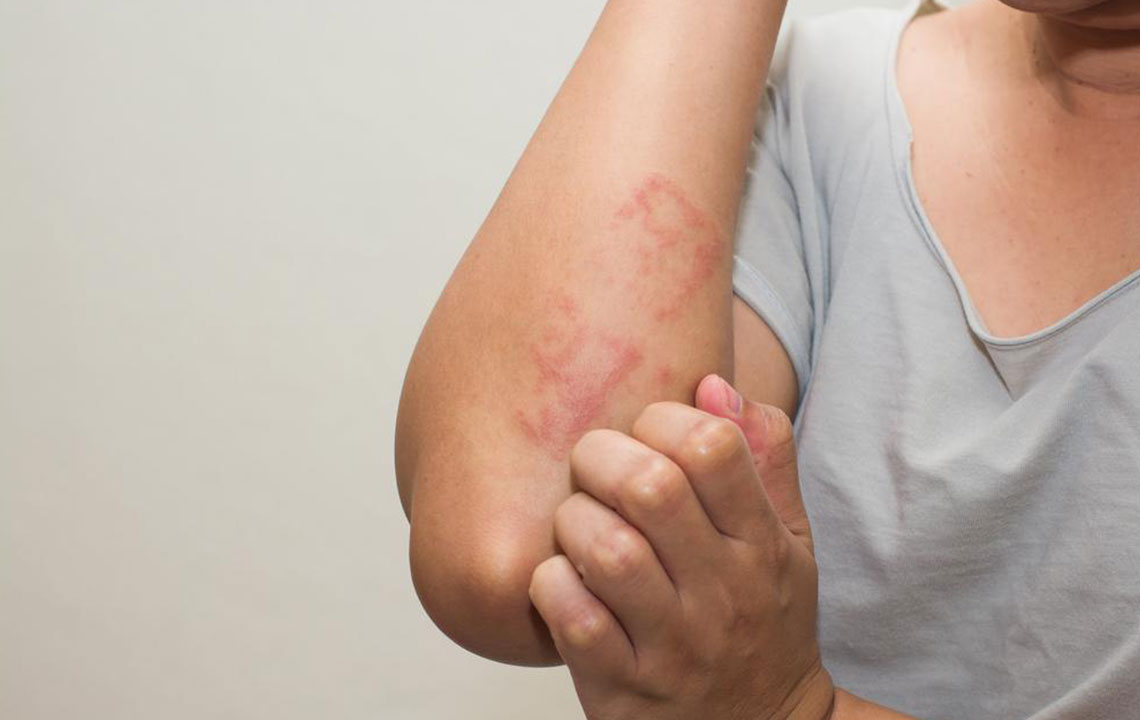Essential Insights into Managing Eczema
This comprehensive guide covers eczema's symptoms, causes, diagnosis, treatments, and prevention strategies. Learn how to manage flare-ups effectively and keep your skin healthy with expert tips. Ideal for those seeking a thorough understanding of eczema and its care.

Essential Insights into Managing Eczema
Eczema arises from an overactive immune response rather than an underlying disease. It develops when the immune system reacts aggressively to certain irritants. Implementing preventive strategies can help alleviate or prevent symptoms of eczema.
Signs of eczema
Common symptoms include persistent itching and skin irritation across various body parts. Rashes may appear on the face, behind the knees, hands, wrists, or feet, often preceded by itching. The affected skin becomes dry, flaky, thickened, and changes color—reddish initially, turning brown in lighter skin tones, or pigmentation changes in darker skin.
The affected sites might lighten or darken over time. Crusting and oozing can also occur, especially in infants, often on the face and scalp. Symptoms may develop anywhere on the body.
What Causes Eczema
While the exact cause remains unknown, eczema typically occurs when the immune system overreacts to triggers. Those with a family history of allergies or asthma are at higher risk. Disruptions in the skin barrier allow germs and moisture to penetrate, leading to flare-ups. Specific irritants like rough fabrics, extreme temperatures, household chemicals, animal dander, respiratory infections, or stress can provoke symptoms.
Although eczema has no definitive cure, it can be managed through medication and by avoiding irritants. The condition is not contagious and does not spread between individuals.
Diagnosing Eczema
To diagnose eczema, consult a healthcare professional or dermatologist. For infants, parents should see a pediatrician. Diagnosis relies on skin examination and patient history—there are no specific tests for eczema. Allergy tests may be recommended, especially in children, to identify potential triggers.
How to Treat Eczema
The main goal is to reduce itching and prevent infections. Doctors often suggest moisturizers and topical creams to combat dryness and irritation, best applied after bathing when the skin retains moisture. Cold compresses can help soothe symptoms. OTC hydrocortisone creams or corticosteroid ointments can reduce inflammation, while antibiotics treat infections if they occur. Antihistamines may be used to ease itching, and specialized treatments like tar therapies or phototherapy with ultraviolet light are options when other treatments fail. In severe cases, immunosuppressants like cyclosporine are considered.
For mild to moderate eczema, FDA-approved topical immunomodulators such as Pimecrolimus and Tacrolimus are available—they modify immune response to prevent flare-ups but should be used cautiously due to side effects like increased cancer risk.
Preventing Eczema Flare-ups
Moisturize frequently: Keeping skin hydrated helps prevent dryness and itching.
Avoid temperature swings: Sudden changes in temperature can trigger symptoms, so manage environment changes carefully.
Avoid overheating and sweating: Especially in humid conditions, to prevent prickly heat and itching. Use gentle bathing routines.
Manage stress: Emotional stress can worsen eczema symptoms, so relaxation techniques are beneficial.
Choose appropriate fabrics: Avoid wool or coarse materials that may cause irritation.
Use gentle skin products: Steer clear of harsh soaps, detergents, and solvents that can aggravate skin.
Identify and avoid food triggers: Certain foods may cause allergic reactions, so monitor and limit them.










